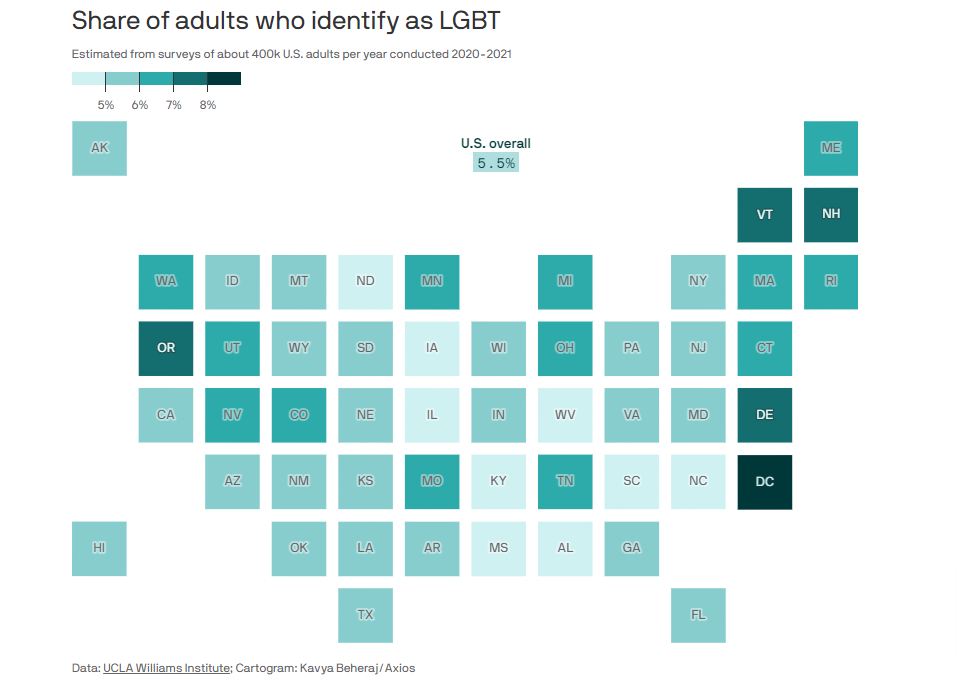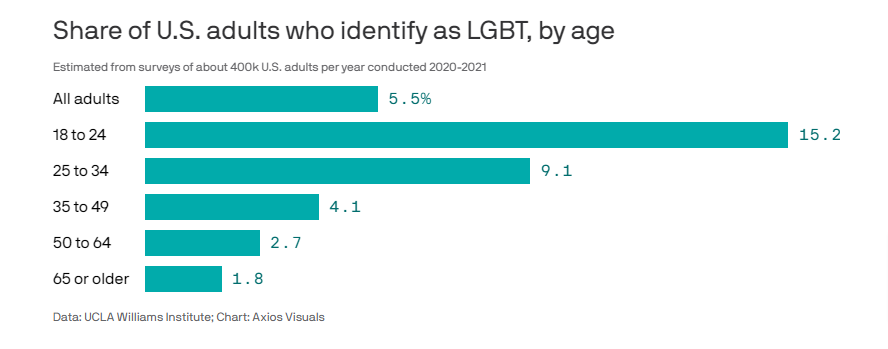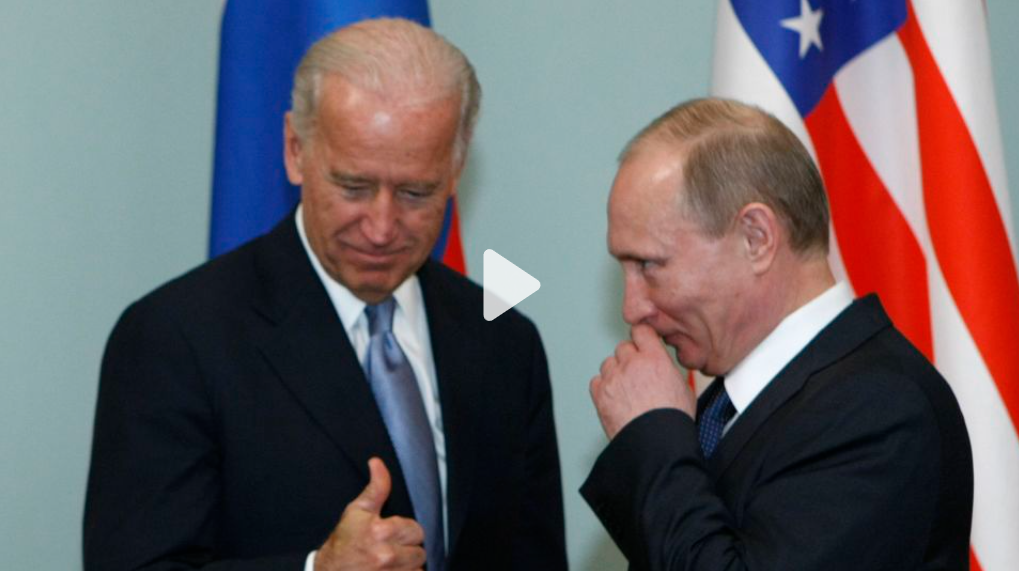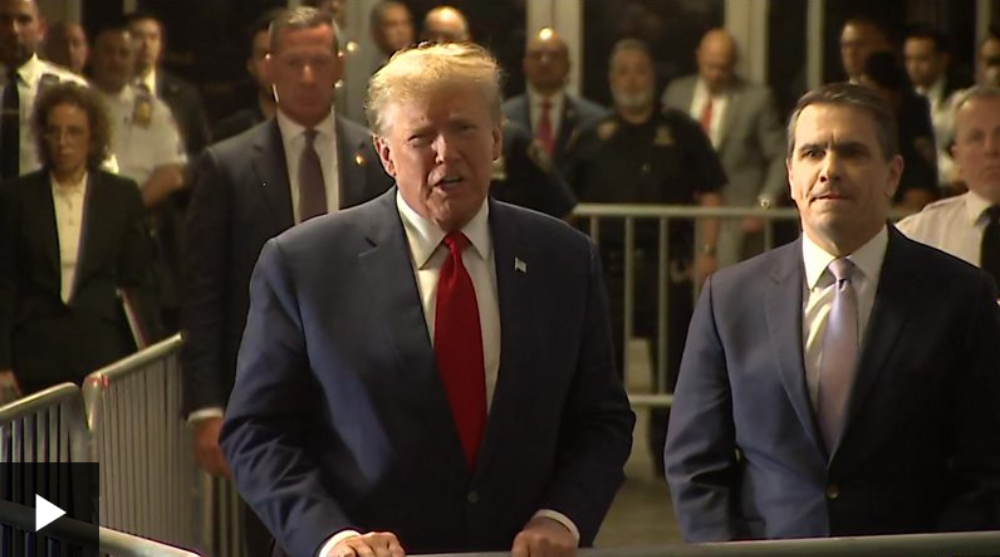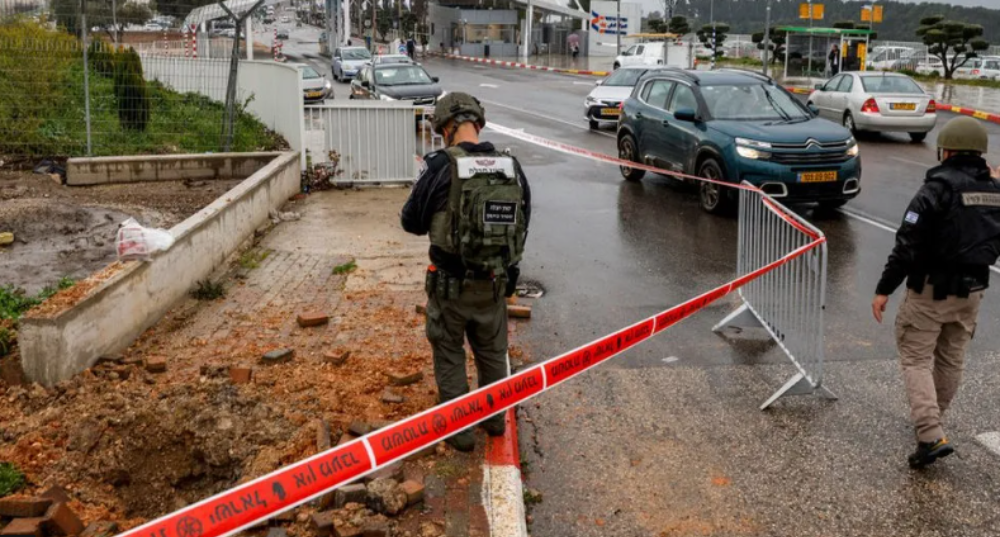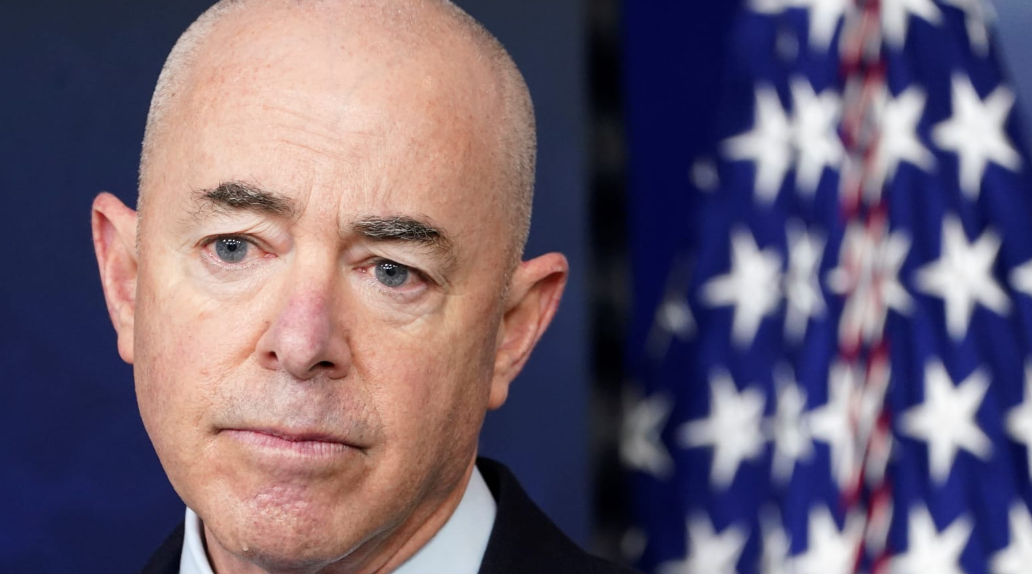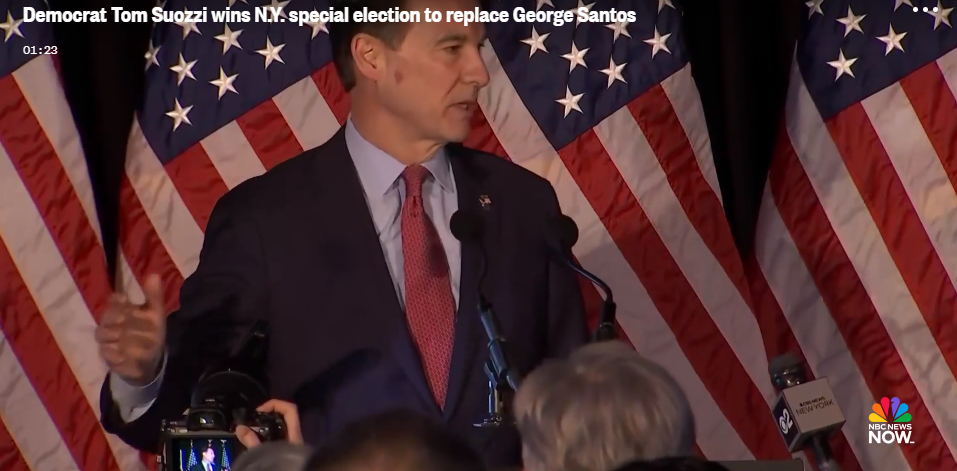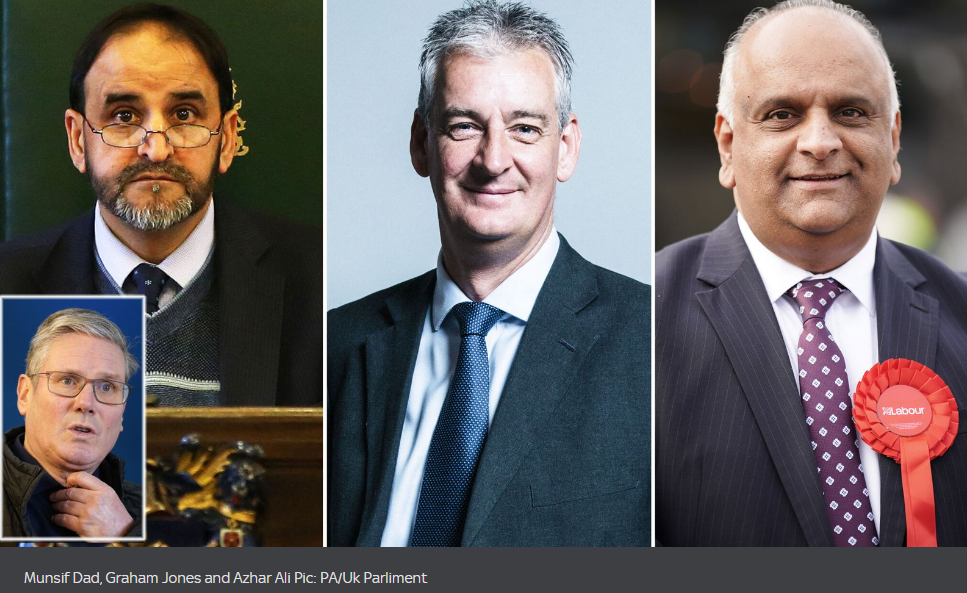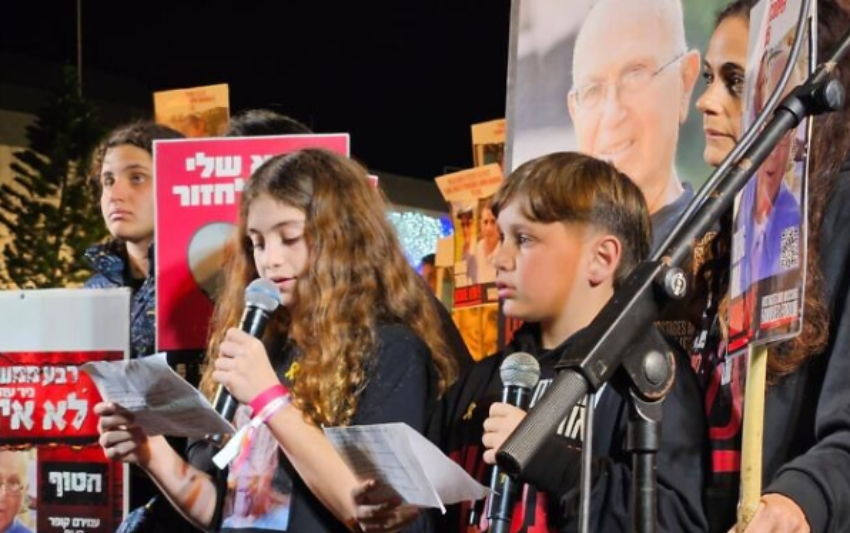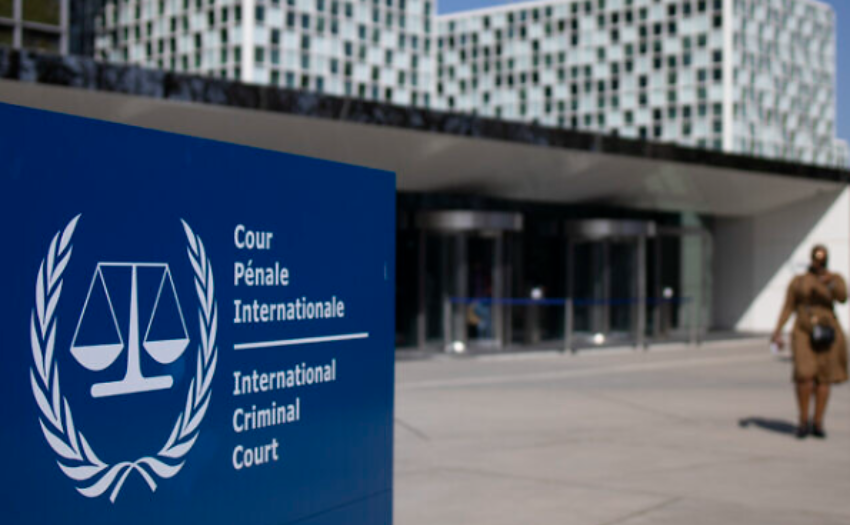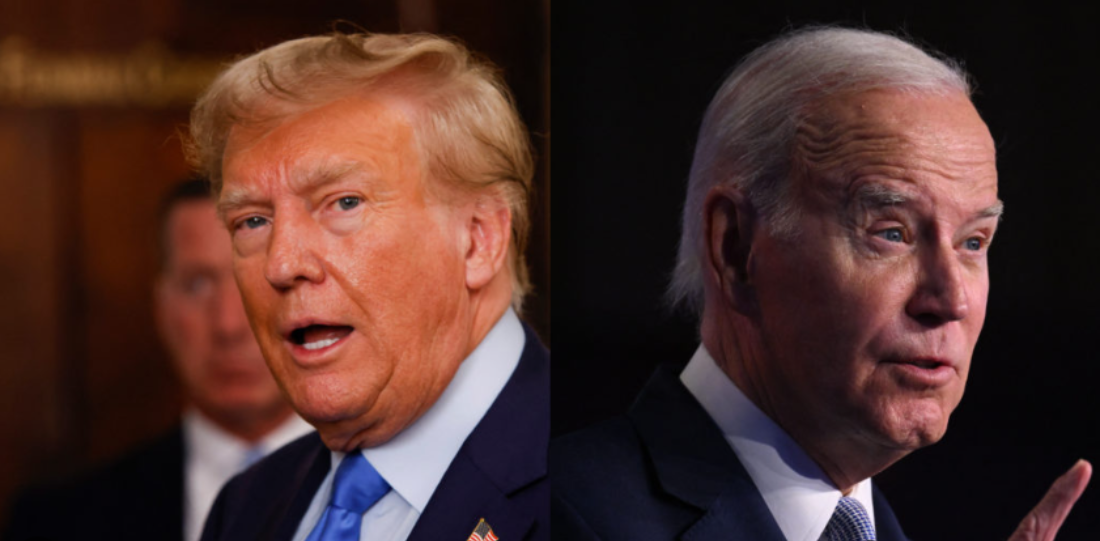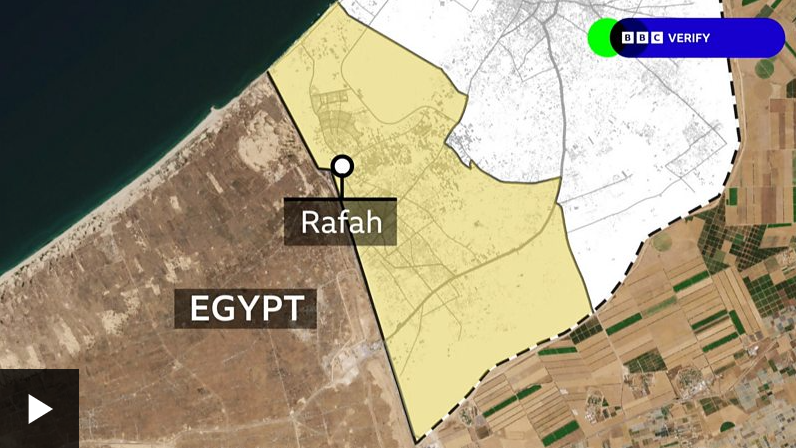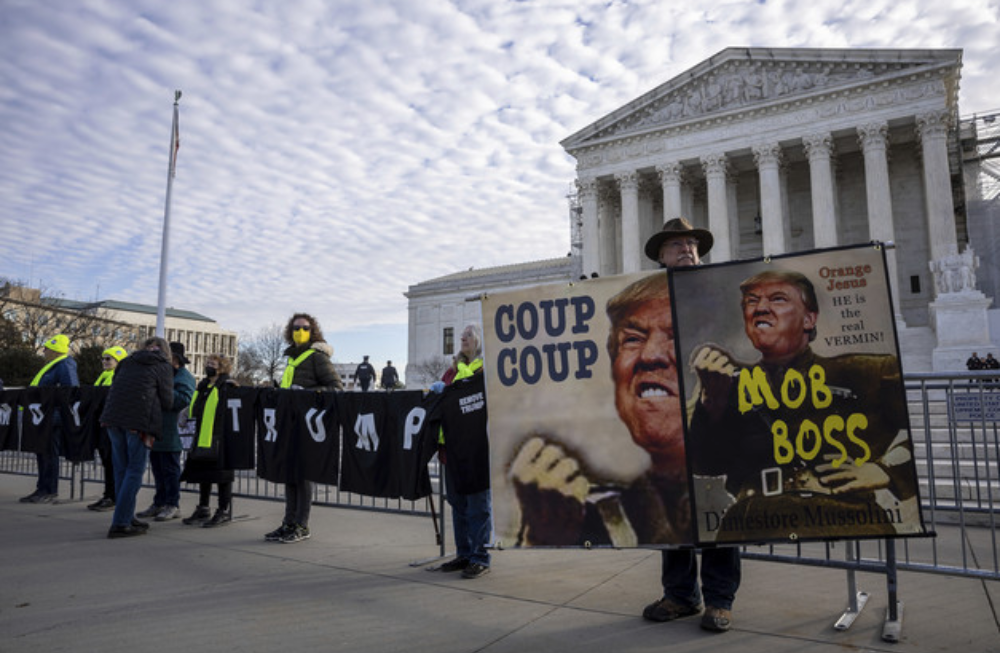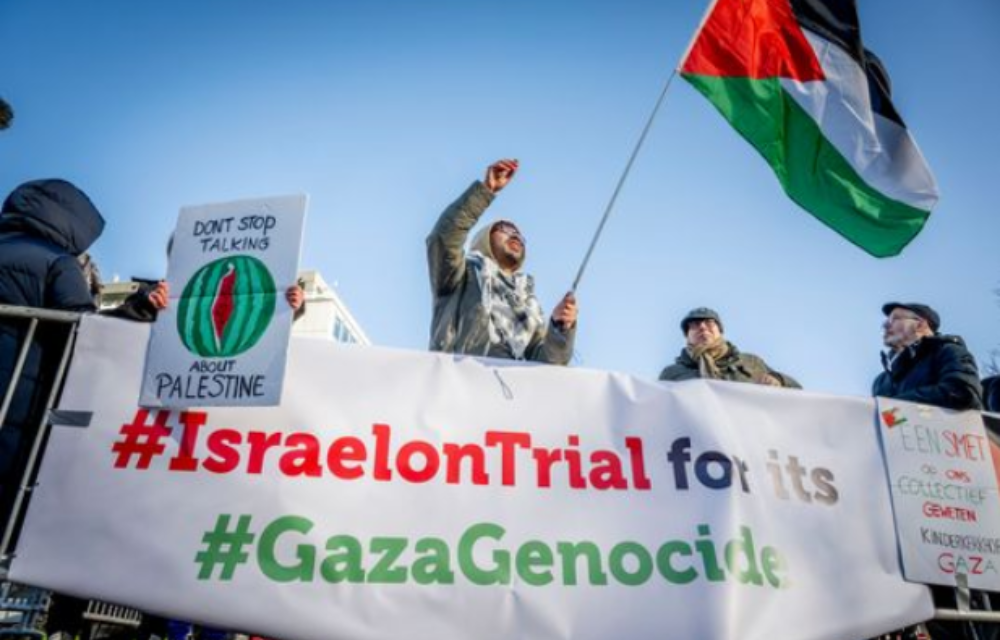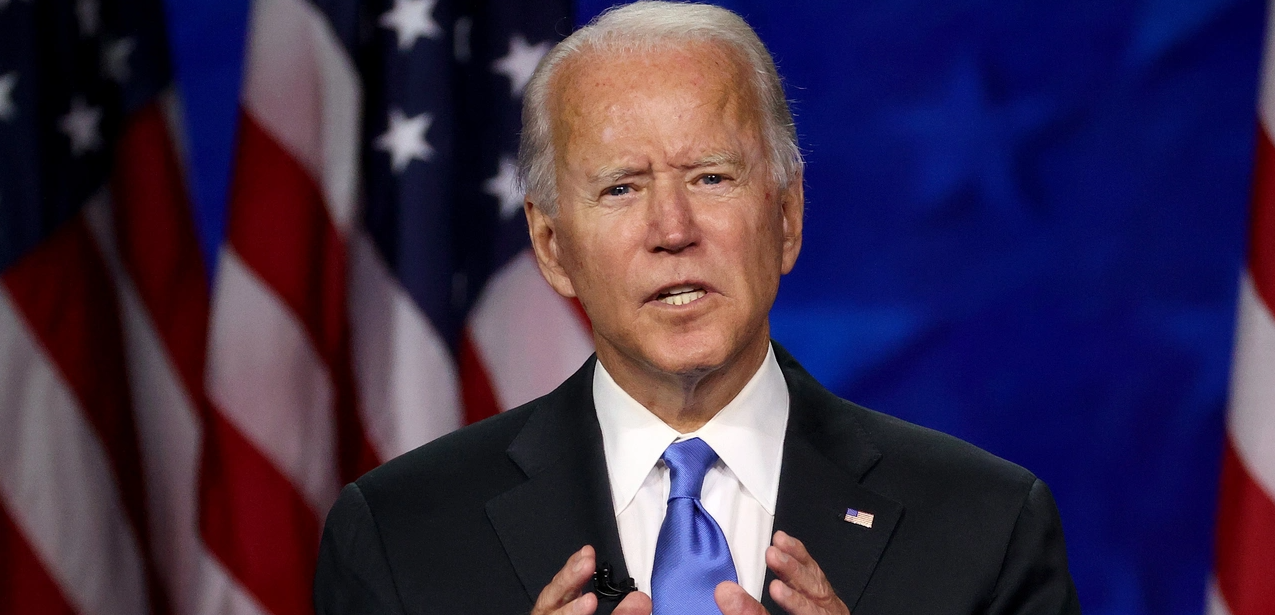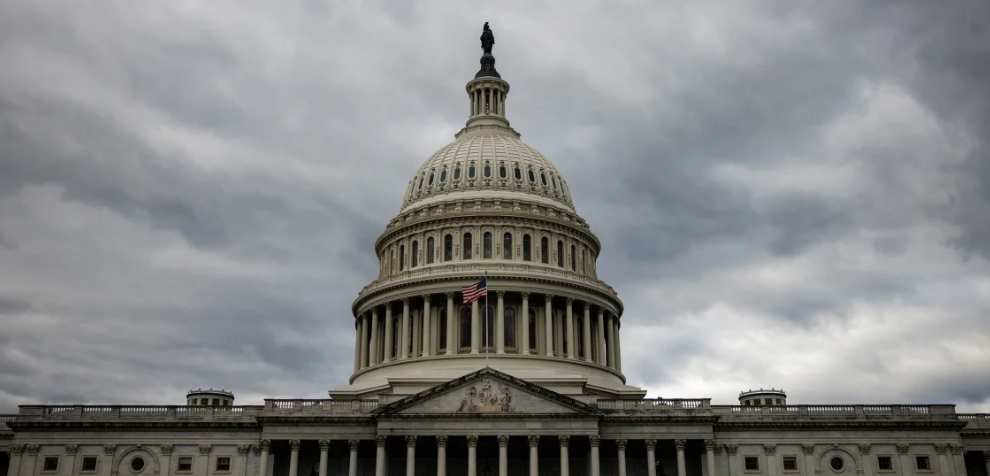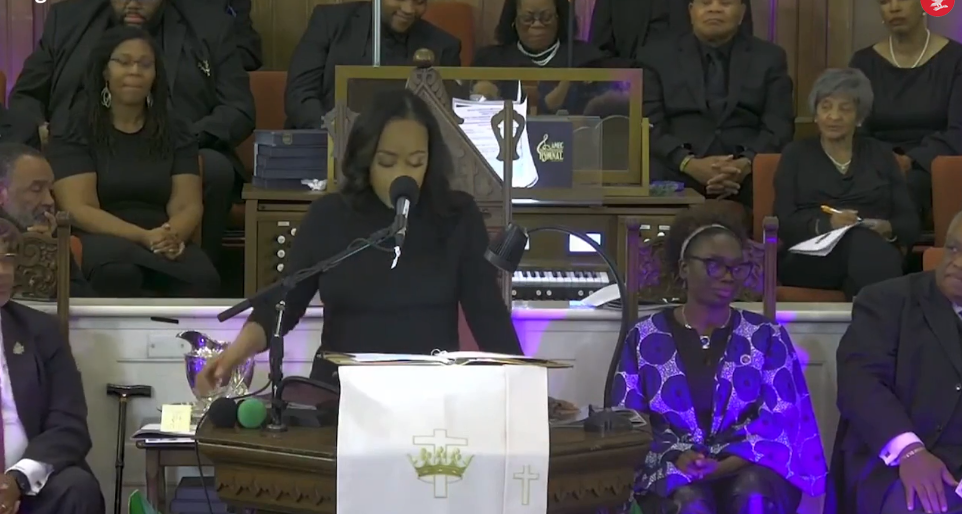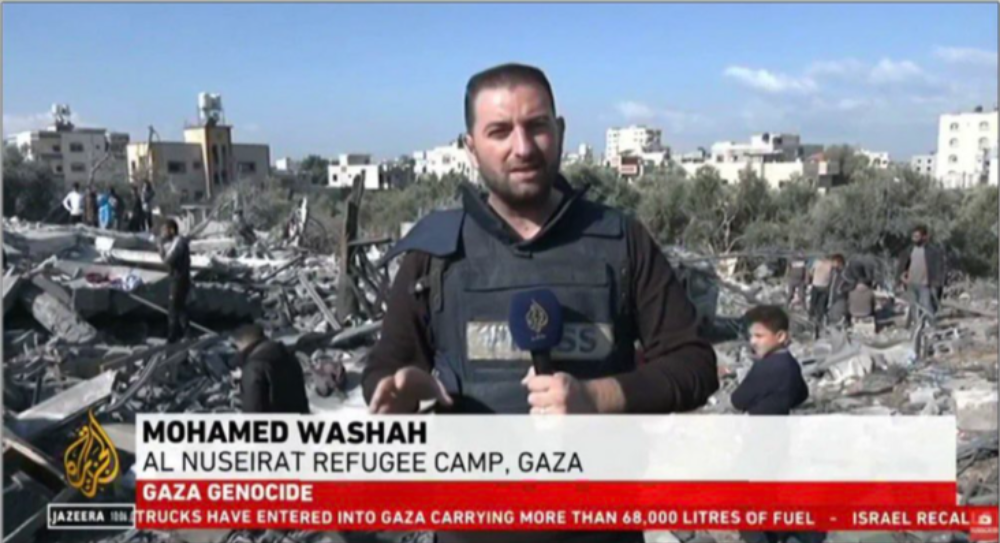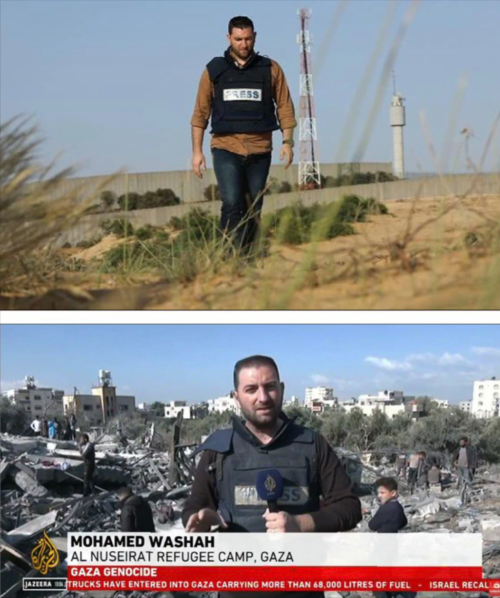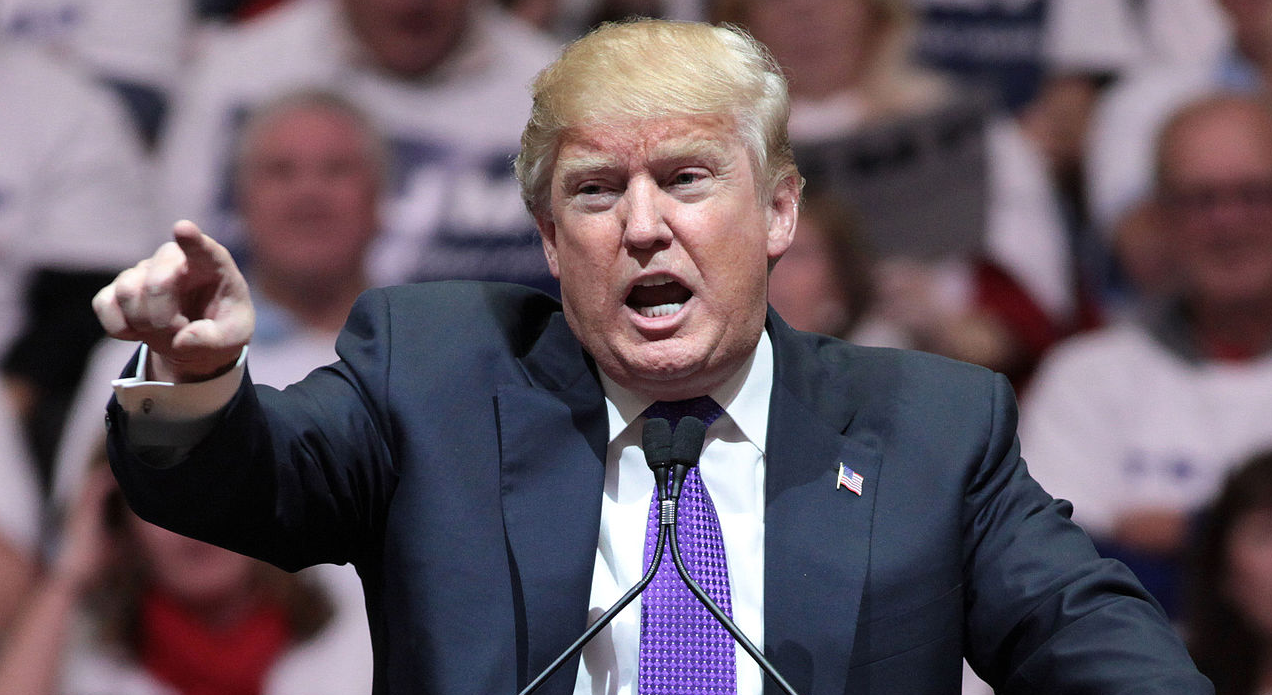-
Posts
10,051 -
Joined
-
Last visited
Content Type
Events
Forums
Downloads
Quizzes
Gallery
Blogs
Everything posted by Social Media
-
Australia's parliament has taken a significant step in advocating for the release of Julian Assange, the founder of Wikileaks, ahead of a crucial extradition appeal. The motion, supported by Prime Minister Anthony Albanese and a majority of MPs, calls for Assange's return to Australia, signaling a united front in the effort to address his legal plight. Assange, who has been held in Belmarsh prison since his arrest in 2019 after leaving the Ecuadorian embassy in London, faces extradition to the United States over allegations related to the publication of classified documents. The case has garnered international attention, with supporters expressing concerns about the implications for press freedom and Assange's personal safety. The upcoming appeal hearing at the High Court in London will determine whether Assange can continue to challenge his extradition or if he will be sent to the US to face trial. The charges against him stem from the release of confidential information regarding the Afghanistan and Iraq wars, which Assange denies. Australia's involvement in advocating for Assange's return underscores the significance of the case for the country. Prime Minister Albanese emphasized the importance of a resolution that respects legal processes while also addressing humanitarian considerations. The motion passed by the Australian parliament reflects a growing sentiment that Assange's situation warrants intervention to ensure a fair and just outcome. Efforts to engage with US authorities, including discussions between Australia's attorney-general and his US counterpart, demonstrate a commitment to seeking a resolution to the matter. As the appeal hearing approaches, the international community will be closely watching the proceedings, with hopes for a decision that upholds the principles of justice and human rights. The outcome will not only impact Assange's future but also have broader implications for press freedom and the protection of whistleblowers worldwide. 16.02.24 Source
-
The analysis conducted by the Williams Institute sheds light on the distribution of LGBT adults across different U.S. states and underscores the importance of understanding the size and needs of this population for effective policy-making and public health initiatives. According to the data, Washington, D.C., emerges as the jurisdiction with the highest estimated proportion of adults identifying as LGBT, at 14.3%. Oregon, Delaware, Vermont, and New Hampshire follow closely behind, with shares ranging from 7.2% to 7.8%. On the other end of the spectrum, West Virginia, Mississippi, and North Carolina have the lowest estimated shares of LGBT adults, ranging from 4.1% to 4.4%. The analysis also highlights generational differences in self-identification, with younger Americans more likely to identify as LGBT compared to older generations. However, it's essential to recognize that these estimates are based on self-reporting and may be influenced by factors such as social attitudes toward the LGBT community, privacy concerns, and the prevalence of hate crimes. The push for inclusion of gender identity and sexual orientation questions in national surveys like the American Community Survey reflects a growing recognition of the need for comprehensive data collection to inform policies and support marginalized communities. Moving forward, prioritizing the collection of accurate and relevant data will be crucial for addressing the diverse needs of the LGBT population and ensuring their well-being and safety. As Kerith Conron, the research director at the Williams Institute, aptly notes, embracing this shift is essential for advancing societal progress and quality of life for all individuals. 15.02.24 Source
-
- 1
-

-
In an unexpected turn of events ahead of the US election in November, Russian President Vladimir Putin has made a surprising statement regarding his preference for the White House occupant. Contrary to his previous praise for former President Donald Trump, Putin now expresses a preference for a Joe Biden presidency. In remarks likely to spark controversy, Putin lauds Biden as a more experienced and predictable leader. This sentiment contrasts sharply with Putin's earlier commendation of Trump's talents before the 2016 election. Despite Biden's history of criticizing Putin, including labeling him a "killer," the Russian president seems undeterred. Putin downplays concerns about Biden's age and mental acuity, asserting that he found nothing unusual during their last meeting in 2021. While acknowledging Biden's condemnation of the war in Ukraine as "extremely harmful and erroneous," Putin emphasizes Russia's willingness to collaborate with any US leader chosen by the American public. This unexpected endorsement from Putin adds another layer of intrigue to an already contentious election season. It comes against the backdrop of Trump's recent controversial remarks regarding NATO and Russia, further complicating US-Russia relations and the geopolitical landscape. As the election approaches, Putin's statement underscores the high stakes and global implications of the outcome. With tensions simmering between the US and Russia, the world watches closely, aware of the potential ramifications of America's choice of leadership on the international stage. 16.02.24 Source
-
- 1
-

-
In a landmark legal showdown, former US President Donald Trump is gearing up for his first-ever criminal trial, slated to commence next month. The trial, set to kick off on March 25th in New York, will see Trump defending himself against allegations of orchestrating a hush-money cover-up. During a pre-trial hearing on Thursday, Trump, 77, appeared in court seeking to either dismiss or delay the proceedings. However, Judge Juan Merchan remained unmoved by arguments positing that the trial's timing would impede Trump's potential presidential campaign. Trump expressed his discontent with the decision outside the courtroom, labeling the trial's scheduling as a "disgrace" and questioning the feasibility of running for election while being ensnared in courtroom proceedings. The charges against Trump, brought forth by Manhattan District Attorney Alvin Bragg, include 34 counts of fraud. It's alleged that Trump falsified business records to conceal payments made to adult film actress Stormy Daniels, purportedly in exchange for her silence regarding an alleged affair with Trump during his presidential candidacy in 2016. Trump vehemently denies the allegations of an affair with Daniels. The trial marks the first step in what promises to be a complex legal battle. One of the initial challenges discussed during the hearing was the selection of a jury. Given Trump's global notoriety and the intense political polarization surrounding him, both sides grappled with how to ensure a fair and impartial jury. Prosecutors expressed a desire to include questions in the jury screening process regarding controversial topics such as belief in election fraud, affiliation with extremist groups like QAnon or Antifa, and consumption of right-wing media. Meanwhile, the defense proposed inquiries about jurors' political affiliations and exposure to key figures and narratives related to the case. This trial is just one of four criminal cases looming over Trump, indicating the legal challenges he faces as he navigates the aftermath of his presidency. Simultaneously, in Georgia, another legal battle ensues, with prosecutor Fani Willis facing misconduct allegations as she leads an election fraud case against Trump in the state. As Trump braces for this historic trial, the legal proceedings are poised to have significant ramifications not only for the former president but also for the broader political landscape of the United States. 16.02.24 Source
-
Here's what we know so far about the Kansas City shooting A day of celebration – to mark the Kansas City Chiefs' third Super Bowl victory in the last five years – turned into tragedy on Wednesday. At least one person was killed and up to more than a dozen others were injured in a shooting after a rally near Union Station in Kansas City, Missouri, police said. The shooting is at least the 48th mass shooting in the United States so far this year, according to the Gun Violence Archive. Officials are expected to give another update soon on the investigation. Here's what we know so far: Victims: One person is dead and up to 15 others are wounded after the shooting, according to Kansas City Police Chief Stacey Graves. All Kansas City Chiefs players, coaches and staff are safe and accounted for, Mayor Quinton Lucas said. What happened: The shooting erupted on the west side of Union Station, Graves said. When officers got there, they took two armed people into custody and immediately started helping people who were hurt. Officials are in the beginning stages of figuring out what happened, Graves said, and law enforcement is working to clear surrounding areas. The White House said President Joe Biden has been briefed and federal law enforcement is helping local law enforcement. This is a developing story CNN live updates here 15.02.24
-
Amid escalating tensions between Israel and Hezbollah, the volatile situation in the Middle East has once again taken a deadly turn. The recent exchange of fire between the two sides has resulted in civilian casualties and raised fears of a broader conflict in the region. The cycle of violence began when Hezbollah militants launched rockets into northern Israel, targeting military installations and civilian areas. Tragically, one Israeli soldier lost his life in the attack, and several others were injured. The relentless barrage of rockets has forced thousands of Israelis to flee their homes, seeking safety from the indiscriminate attacks. In response to the Hezbollah assault, Israel swiftly retaliated with "extensive" airstrikes targeting Hezbollah infrastructure in Lebanon. However, the airstrikes have not been without consequence, as reports indicate civilian casualties in Lebanon, including women and children. The toll on innocent lives underscores the devastating impact of the conflict on ordinary people caught in the crossfire. Hezbollah, a powerful Shiite militant group based in Lebanon, has long been a thorn in Israel's side, engaging in sporadic clashes along the volatile border. The recent escalation marks a dangerous escalation in hostilities, raising concerns about the potential for a full-blown conflict. Both sides have issued threats and warnings, further heightening tensions in an already volatile region. Hezbollah's leader, Hassan Nasrallah, has issued a stern warning to Israeli leaders, vowing to retaliate forcefully against any aggression. Meanwhile, Israeli officials have emphasized their commitment to defending their citizens and restoring peace and security to the region. The situation remains fluid and unpredictable, with the risk of further escalation looming large. The international community has called for restraint and de-escalation, urging both sides to seek peaceful resolutions to their grievances. However, with deeply entrenched animosities and longstanding grievances at play, finding a path to peace remains a formidable challenge. As the conflict continues to unfold, the human cost continues to mount, with innocent civilians paying the ultimate price for the actions of political and military leaders. The cycle of violence must be broken, and a lasting peace must be pursued with urgency and determination to prevent further loss of life and suffering in the region. 15.02.24 Source
-
House Republicans achieved a significant victory on Tuesday as they successfully impeached Homeland Security Secretary Alejandro Mayorkas after a failed attempt last week. The impeachment vote, which took place on Tuesday night, saw Mayorkas impeached by a narrow margin of 214-213, with three Republicans breaking ranks to oppose the measure. This impeachment marks a pivotal moment for House Republicans, who have long positioned themselves as champions of immigration restrictions and border security. Mayorkas, as the Biden administration's top official overseeing immigration and border issues, became a focal point for GOP criticism due to his perceived failure to uphold immigration laws and address border security concerns. The impeachment effort against Mayorkas underscores the GOP's commitment to its tough-on-immigration stance, despite internal divisions and challenges. Speaker Mike Johnson led the charge, emphasizing the importance of holding Mayorkas accountable for what Republicans view as a breach of public trust. Following the successful impeachment vote, Johnson asserted that Mayorkas deserved to be impeached due to his alleged refusal to fulfill his duties as Homeland Security Secretary. President Joe Biden, however, condemned the impeachment as an act of unconstitutional partisanship, defending Mayorkas's integrity and public service record. The impeachment of Mayorkas is part of a broader messaging strategy by House Republicans to highlight their commitment to border security and immigration reform. However, their efforts have faced criticism for being more symbolic than substantive, particularly in light of their reluctance to engage in bipartisan border security initiatives. Despite passing a conservative border security bill and pursuing impeachment proceedings, Republicans have struggled to make significant progress on addressing immigration issues, largely due to internal divisions and the lingering influence of former President Donald Trump. While the impeachment of Mayorkas represents a political victory for House Republicans, it also highlights the challenges they face in advancing their legislative agenda and maintaining party cohesion. The episode has raised questions about Speaker Johnson's leadership abilities, as he seeks to navigate the complexities of governing in a deeply divided political landscape. 15.02.24 Source
-
Selma Blair, widely recognized for her roles in movies like "Legally Blonde," found herself in the midst of controversy after a social media post that was quickly condemned as Islamophobic. The 51-year-old actress came under fire for her comment, which she later admitted "resulted in hurting countless people." The incident stemmed from a response Blair made to a supporter of immigration reform who criticized Congresswomen Rashida Tlaib and Cori Bush for voting against a measure related to the 7 October attack on Israel. Blair's now-deleted comment sparked outrage as she wrote, "Deport all these terrorist supporting goons. Islam has destroyed Muslim countries and then they come here and destroy minds. They know they are liars. Twisted justifications. May they meet their fate." Realizing the impact of her words, Blair took to Instagram to issue an apology, acknowledging her mistake in conflating Muslims with radical Islamists and fundamentalists. She expressed deep regret for hurting individuals unintentionally and pledged to "do better." Blair's apology emphasized the ease with which hate and misinformation can spread in today's digital age. She reflected on the importance of learning from mistakes and understanding the impact of words, especially in times of global turmoil. The incident highlights the significance of accountability and education in combating prejudice and fostering understanding among diverse communities. As Blair seeks to rectify her misstep and learn from the experience, it serves as a reminder of the responsibility we all have in promoting empathy and inclusivity in our interactions both online and offline. 15.02.24 Source
-
In a significant political shift, Democrat Tom Suozzi has emerged victorious in New York's 3rd District special election, securing a seat that was previously held by Republican George Santos. The outcome, projected by NBC News, marks a transition from red to blue in the district, presenting an early challenge for both parties as they gear up for the House battle in November. Suozzi's win over Republican Mazi Pilip not only reduces the GOP's narrow House majority but also sets a precedent for Democrats aiming to navigate contentious issues like immigration and border security in similarly competitive districts across the nation. Amid a winter storm that swept through the area on Election Day, Suozzi managed to secure an early advantage with strong Democratic voter turnout. Despite facing attacks labeling him as "the godfather of the migrant crisis" and accusations of supporting "genocide" in Gaza, Suozzi prevailed, underscoring his resilience against smear campaigns and opposition tactics. The victory holds broader implications beyond the district itself, highlighting the challenges and strategies at play for both parties. For Democrats, it underscores the importance of leveraging name recognition and fundraising advantages, while Republicans face the uphill battle of maintaining their House majority amidst internal divisions and mounting pressure to compromise with Democrats. Suozzi's return to Congress follows a tumultuous period marked by Santos' expulsion over federal charges and ethical violations. With Suozzi's victory, Democrats gain momentum in their efforts to advance their legislative agenda, including immigration reform and economic initiatives. Looking ahead to the November elections, both Suozzi and Pilip have committed to running for the full term, setting the stage for a potential rematch. However, the district's boundaries could undergo changes as part of the ongoing redistricting process, adding another layer of uncertainty to the political landscape. As Democrats celebrate their victory in New York's 3rd District, Republicans are left to regroup and strategize their next moves in the lead-up to what promises to be a fiercely contested battle for control of the House of Representatives. 15.02.24 Source
-
The Labour Party finds itself embroiled in yet another controversy over alleged antisemitic remarks, as a third politician is now under scrutiny for their involvement in a meeting that has sparked outrage. Sky News has learned that Hyndburn councillor Munsif Dad was present at the gathering where Labour parliamentary candidates Azhar Ali and Graham Jones are accused of making antisemitic comments. This revelation comes after Labour withdrew support from Azhar Ali, who is running in the upcoming Rochdale by-election, following allegations that he made disparaging remarks about Jewish people and Israel during the meeting. Similarly, Graham Jones, a former Labour MP seeking to stand for re-election in Hyndburn, was suspended from the party after reportedly using offensive language about Israel and the Israeli Defence Forces. Now, with the inclusion of Munsif Dad in the mix, the controversy deepens, raising questions about the party's handling of antisemitism within its ranks. While Dad has been "spoken to" by Labour officials, it remains unclear if he actively contributed to the contentious discussions. No further action has been taken against him at this time. The fallout from this incident underscores the ongoing struggle within Labour to address and combat antisemitism. Despite leader Sir Keir Starmer's pledge to eradicate antisemitism from the party, criticism has mounted over the perceived delay in taking decisive action against individuals accused of antisemitic behavior. Shadow Defence Secretary John Healy, speaking on Sky News, emphasized the party's commitment to investigating allegations of antisemitism and holding members accountable for inappropriate conduct. However, he acknowledged that antisemitism remains a societal issue that extends beyond the confines of any single political party. The controversy surrounding the Rochdale by-election has put additional pressure on Sir Keir Starmer, who has faced criticism for his handling of the situation. While Labour has taken steps to distance itself from Ali and Jones, the episode has raised concerns about the party's vetting processes for candidates and its broader approach to combating prejudice and discrimination. With the by-election fast approaching and Labour's reputation on the line, the party faces the challenge of restoring trust with voters and demonstrating its commitment to upholding principles of equality and inclusivity. As the investigation unfolds and the fallout continues, Labour must navigate this crisis with transparency and accountability to rebuild public confidence in its leadership and values. 15.02.24 Source
-
Families of Israeli hostages held by Hamas have taken a significant step in their pursuit of justice by filing a war crimes complaint against the terror organization at the International Criminal Court (ICC) in The Hague. This bold move, led by the Hostages and Missing Families Forum, marks a pivotal moment in the ongoing struggle to hold Hamas accountable for its brutal actions. Over the course of the past four months, lawyers representing the hostages' relatives have meticulously prepared a legal submission demanding the issuance of arrest warrants against the leadership of Hamas for the atrocities committed during the October 7th assault. The complaint alleges grave offenses such as kidnapping, sexual violence, torture, and other heinous acts perpetrated against the hostages. On the day of submission, around 100 representatives of the families, accompanied by several dozen lawyers, are expected to file the complaint at the ICC. Their goal is clear: to secure justice for the victims and their families and to apply pressure on Hamas to release the remaining hostages held in Gaza. Dr. Shelly Aviv Yeini from the Minerva Center for the Rule of Law under Extreme Conditions at the University of Haifa, along with attorney Yuval Sasson from the Meitar Law Offices firm, spearheaded the effort to draft the complaint. The involvement of legal experts and human rights organizations underscores the seriousness of the allegations and the determination to pursue accountability. The complaint is not only a legal maneuver but also a symbolic act of defiance against impunity and injustice. It sends a strong message to Hamas that its actions will not go unpunished and that the international community stands in solidarity with the victims of terrorism. While the road to justice may be long and arduous, the submission of this complaint represents a crucial step forward in the fight against impunity for war crimes. It demonstrates the resilience and determination of the families of the hostages and serves as a beacon of hope for all those seeking accountability and justice in the face of violence and terror. 15.02.24 Source
-
The 2024 presidential campaign is increasingly dominated by a battle over age, with both President Joe Biden and former President Donald Trump facing scrutiny over their fitness for office. In a political climate where candidates' vitality is under intense scrutiny, the issue of age has taken center stage like never before. The recent controversy was sparked by special counsel Robert Hur's characterization of Biden as a "well-meaning, elderly man with a poor memory." Trump seized upon this, reviving his "Sleepy Joe" nickname and questioning Biden's cognitive abilities. Republicans accused Biden's team of elder abuse for allowing him to field questions about the Hur report, while Biden's campaign subtly suggested that Trump may also be struggling with diminished cognition. Even Trump's former GOP rival, Nikki Haley, has made age an issue, advocating for mandatory cognitive tests for politicians over the age of 75. Unlike previous elections, where age was approached cautiously, campaigns are now addressing it head-on, with questions about candidates' vitality overshadowing ideological debates. The media coverage reflects this shift, with headlines dissecting Biden's and Trump's ages and cognitive abilities. The issue has divided opinions, with some staunchly defending Trump's sharpness while others question both candidates' fitness for office. In the midst of this, down-ballot candidates are also weighing in on age limits for elected officials. Democratic Rep. Katie Porter called for a conversation about age limits, while New York Democrat Tom Suozzi bluntly stated, "The bottom line is, [Biden's] old." Within the Biden administration, allies like Transportation Secretary Pete Buttigieg have defended the president's sharpness, recounting instances where Biden's detailed questions showcased his acumen. Despite the scrutiny, Biden's longtime associates emphasize the importance of focusing on candidates' qualifications rather than their age. Former Rep. Lee Hamilton, at 92, offers a perspective on aging and politics that is both reflective and pragmatic. While acknowledging Biden's changes over the years, he recognizes the reality of the choices voters face. As the campaign progresses, voters will grapple with these complex considerations, weighing candidates' experience against concerns about age and vitality. In a political landscape where age has become a defining issue, the electorate must navigate these nuances and choose accordingly, accepting the realities before them. 15.02.24 Source
-
A significant development unfolded off the coast of Russian-occupied Crimea as Ukraine's armed forces reported the sinking of a major Russian amphibious ship, the Caesar Kunikov. The incident, which occurred early on Wednesday morning, was marked by powerful explosions, according to reports from local social media. Initial accounts suggested that the landing ship had been struck not far south of the town of Yalta. This latest episode adds to a series of clashes between Ukraine and Russia in the Black Sea region, with Ukraine claiming responsibility for targeting Russia's Black Sea fleet stationed in occupied Crimea. Last year, satellite images revealed a significant reduction in the presence of the Russian fleet on the peninsula. The Ukrainian Main Directorate of Intelligence released footage purportedly showing Magura V5 naval drones attacking the Caesar Kunikov, further escalating tensions in the region. As Ukraine's armed forces brace for the third year of Russia's full-scale war, newly appointed commander-in-chief Col Gen Oleksandr Syrskyi acknowledged the complexity of the situation. His visit to the front line came on the heels of a deadly Russian missile attack in the eastern town of Selydove, claiming three lives. Despite the lack of confirmation from Russia's navy regarding the sinking of the Caesar Kunikov, Ukraine's intelligence directorate asserted that the landing ship had sustained critical damage and began to sink in Ukrainian territorial waters. The operation was attributed to a unit known as Group 13. Amphibious ships like the Caesar Kunikov play a pivotal role in swiftly deploying assault troops, especially in hostile territories. Russia has utilized such vessels not only for military maneuvers but also for transporting supplies to conflict zones like Syria in support of Bashar al-Assad's regime. While Russian military bloggers acknowledged the incident, they emphasized that the crew had survived. The Caesar Kunikov, a relic from the Soviet era, joins a growing list of Russian vessels targeted by Ukrainian forces in the Black Sea, underscoring the ongoing hostilities between the two nations. 14.02.24 Source
-
Two hostages were rescued from Hamas, but all the media cares about is protecting Hamas. Amidst the tense atmosphere of conflict in the Middle East, a recent hostage rescue operation conducted by Israeli forces in Rafah has sparked a flurry of media coverage and debate. While the successful extraction of two hostages from the grip of Hamas should be cause for celebration, the response from certain quarters of the media has raised eyebrows and elicited criticism. Headlines such as "Palestinians in Rafah Describe ‘Night Full of Horror’ During Israeli Hostage Rescue" from the New York Times and "Dozens reported dead in Rafah strikes as Israel rescues two hostages" from the Washington Post have drawn scrutiny for their framing of the event. Rather than focusing on the courageous actions of Israeli commandos and the liberation of innocent hostages, these headlines appear to prioritize the narrative of Palestinian suffering. Similarly, outlets like CBS News and Reuters have been accused of bias in their reporting, with headlines suggesting an equivalence between the rescue operation and civilian casualties. While it is undoubtedly tragic when civilians are harmed in conflict situations, the language used by these media organizations has been criticized for obscuring the distinction between Hamas militants and innocent civilians. The reluctance of some media outlets to explicitly condemn Hamas and acknowledge its role in perpetuating violence has not gone unnoticed. Instead of highlighting the brutality and inhumanity of Hamas's actions, the focus has shifted to the perceived impact of Israeli military operations on Palestinian civilians. Even in coverage of the Biden administration's response to the hostage rescue, there is a discernible emphasis on Palestinian casualties rather than the successful outcome of the operation. Reports from CNN, for instance, have framed the administration's reaction in terms of concern over Palestinian deaths, without adequately addressing the context of the rescue mission or the threat posed by Hamas. Critics argue that this type of reporting not only downplays the culpability of Hamas but also perpetuates a narrative of victimhood that plays into the hands of terrorist organizations. By failing to differentiate between civilians and militants, the media risks legitimizing Hamas's tactics and undermining efforts to combat terrorism. In the face of such criticism, it is essential for media organizations to maintain journalistic integrity and impartiality. While it is crucial to report on the human cost of conflict, it is equally important to provide context and clarity to ensure a fair and accurate representation of events. In the case of the Rafah hostage rescue, the focus should remain on the bravery of the Israeli forces and the relief of the hostages' families, rather than on sensationalized narratives that serve to obscure the truth. 14.02.24 Opinion Source
-
As tensions escalate in the Gaza Strip, the United Nations has issued a stark warning regarding the potential consequences of an Israeli assault on Rafah, the southernmost city in Gaza. UN Humanitarian Chief Martin Griffiths expressed grave concern, cautioning that such an assault could lead to a "slaughter" of civilians. Describing the current situation as an "unparalleled assault in its intensity, brutality, and scope," Griffiths emphasized the dire conditions faced by Palestinians in Gaza. With over a million people crammed into Rafah, many are already struggling with limited access to food and medicine, compounded by the constant threat of violence. An invasion of Rafah, Griffiths warned, would only exacerbate an already fragile humanitarian crisis. Israeli Prime Minister Benjamin Netanyahu has vowed to target Hamas fighters allegedly hiding in Rafah. However, Griffiths' statement underscores the potential human cost of such military action, particularly for civilians caught in the crossfire. The UN's stance on any forced evacuation from Rafah is clear: it will not participate in or endorse any actions that result in the displacement of people against their will. Stephane Dujarric, spokesperson for UN Secretary-General Antonio Guterres, emphasized this point, stating that the UN stands firm in protecting the rights and safety of civilians. Rafah, located on the border with Egypt, has been the target of heavy Israeli airstrikes in recent days, resulting in significant casualties. The city's population, already facing dire conditions, has swelled as civilians seek refuge from the violence. Griffiths also highlighted the dangers faced by humanitarian workers in Gaza, who have been subject to violence and attacks amid the breakdown of law and order. These challenges further complicate efforts to provide essential aid to those in need. Meanwhile, negotiations for a ceasefire between Israel and Hamas are underway in Cairo, with representatives from the US, Israel, Egypt, and Qatar meeting to discuss a resolution. International pressure is mounting on Israel to exercise restraint and avoid escalating the conflict further. In response to the escalating situation, US President Joe Biden has emphasized the need to protect civilians, while UK Foreign Secretary David Cameron has urged Israel to consider the consequences of its actions carefully. The current crisis in Gaza underscores the urgent need for a peaceful resolution to the conflict, one that prioritizes the protection of civilian lives and addresses the humanitarian needs of those affected. As the world watches the situation unfold, the importance of diplomacy and dialogue cannot be overstated in averting further tragedy in the region. 14.02.24 Source
-
As Donald Trump prepares for a potential return to the political arena, his legal battles are intensifying, with four criminal cases reaching pivotal moments this week. Each case represents a unique challenge, from allegations of falsifying records to claims of immunity, all amid the backdrop of a looming presidential rematch with Joe Biden. New York: Setting the Stage for Trial In the heart of New York, Trump's legal team awaits a crucial ruling that will shape the trajectory of his trial. Facing charges of concealing payments related to extramarital affairs, Trump seeks clarity on trial timelines and procedural aspects. The decision, expected this week, could either affirm the trial date set for March 25 or signal potential delays, influencing the course of his legal defense. Washington, D.C.: Battling Immunity Claims Trump's bid for immunity faces scrutiny as it lands at the Supreme Court. With federal charges stemming from efforts to overturn the 2020 election, Trump's legal team seeks relief from prosecution. The Court's response, whether a stay, rejection, or acceptance of the appeal, will not only impact trial proceedings but also hold implications for Trump's political aspirations in 2024. Georgia: Prosecutor Under Fire In Georgia, allegations of misconduct cast a shadow over Trump's case. Fulton County District Attorney Fani Willis faces accusations of improper benefits linked to the prosecution, raising questions about ethical conduct. As a hearing looms to examine these claims, the outcome could determine the fate of Trump's trial in Georgia, adding another layer of complexity to his legal saga. Florida: Trial Postponement Considered At Mar-a-Lago, Trump confronts allegations of hoarding classified documents, with trial proceedings scheduled for May 20. However, a motion to postpone key deadlines suggests a potential delay, as Trump's legal team maneuvers to navigate the intricacies of the case. Recent interactions with Judge Aileen Cannon underscore the heightened tensions surrounding the trial, signaling the high stakes at play. Navigating Legal and Political Turbulence As Trump confronts these legal challenges, the outcomes will reverberate beyond the courtroom, shaping public perception and electoral prospects. The intersection of law and politics adds layers of complexity, with each case serving as a litmus test for Trump's resilience amid mounting scrutiny. Whether he emerges unscathed or faces trial amid a potential presidential bid remains uncertain, underscoring the volatility of the political landscape. Conclusion: Trump's legal odyssey unfolds against the backdrop of a tumultuous political landscape, where legal battles intertwine with electoral ambitions. As the week unfolds, the outcomes of these cases will chart the course of Trump's future, shaping narratives and perceptions in the run-up to a highly anticipated presidential rematch. Amid legal maneuverings and political posturing, Trump's journey through the corridors of justice continues, with each twist and turn holding implications for his legacy and political destiny. 14.02.24 Source
-
In the complex web of international relations, truth often becomes entangled in political agendas and distorted narratives. The recent accusations against Israel by South Africa at the International Court of Justice (ICJ) serve as a stark example of this troubling trend. As Israel faces allegations of genocide, one particular distortion of truth has emerged, shedding light on the broader challenges of justice and reality in the modern world. At the heart of this issue lies a quote attributed to an Israeli official, taken out of context and grossly misrepresented in South Africa's presentation to the ICJ. This quote, extracted from a news conference held shortly after a devastating terrorist attack by Hamas, was twisted to imply Israeli complicity in civilian deaths. The context of the quote, however, reveals a different story. The news conference, held amidst the aftermath of a brutal terrorist act that claimed the lives of innocent Israelis and left hundreds more in captivity, was intended to address international journalists. Yet, instead of focusing on the victims of terrorism, the journalists were fixated on the potential repercussions for Palestinians in Gaza – the very territory from which the terrorists had originated. What emerged from this distortion was an attempt to frame Israel as the aggressor, responsible for violence against civilians. However, the reality is far more nuanced. The terrorist attack on October 7 saw not only the brutal slaughter of innocent Israelis but also the participation of Palestinian civilians in acts of murder, rape, and looting. Videos captured Palestinians celebrating the massacre and attacking hostages as they were led away. Amidst this chaos, the Israeli official emphasized the distinction between innocent civilians and combatants, reaffirming Israel's commitment to international law and the protection of civilian life. However, these words were twisted to fit a narrative of Israeli aggression and intent to commit genocide. The truth, obscured by political agendas and distorted narratives, is that Israel is engaged in a defensive struggle against an explicitly genocidal enemy. The civilian casualties in Gaza, tragic though they may be, are a consequence of Hamas's use of human shields and deliberate targeting of Israeli civilians. Despite this, humanitarian aid continues to reach Gaza, underscoring Israel's commitment to upholding humanitarian principles even in the midst of conflict. However, the plight of Israeli hostages held by Hamas remains a pressing concern, often overlooked in the international discourse. The case presented by South Africa, in support of Hamas, represents a dangerous departure from moral clarity and truth. It is a blood libel against the nation-state of the Jewish people, perpetuating falsehoods and undermining the vision of international justice that emerged from the ashes of the Holocaust. In the face of such distortions, it is imperative that the international community uphold the principles of truth and justice, refusing to succumb to political agendas and cynical narratives. The repercussions of abandoning these ideals extend far beyond Israel, threatening the integrity of the international legal system and the pursuit of a more just world. 14.02.24 Opinion Source
-
In the realm of political speculation, there's a recurring fantasy among some Republicans: the idea that Democrats will abandon Joe Biden as their presidential nominee, swapping him out for a supposedly stronger contender at the eleventh hour. But as much as this notion persists in GOP circles, it's rooted more in wishful thinking than political reality. Nikki Haley, a prominent GOP figure, recently echoed this sentiment, suggesting that Biden's days as the nominee are numbered. However, such predictions are likely to fall flat, as they overlook key dynamics within the Democratic Party and the broader political landscape. Biden's Resilience and Democratic Unity At the heart of Biden's staying power is the overarching goal of thwarting Donald Trump's potential return to power. Despite Biden's challenges and vulnerabilities, Democrats recognize the importance of presenting a unified front against Trumpism. In this sense, Biden serves as a rallying point, bridging disparate factions within the party and galvanizing support across the spectrum, from progressive Democrats to disillusioned Republicans. Moreover, the timing for any potential switch in nominees has passed. With state primaries concluded and Biden enjoying broad support among Democratic voters, there's little appetite within the party to entertain such a drastic maneuver. The absence of significant dissent or alternative candidates further solidifies Biden's position as the presumptive nominee. The Trump Factor The looming shadow of Donald Trump looms large over the political landscape, exerting considerable influence over both parties. For Democrats, Trump's continued presence serves as a powerful motivator, driving cohesion and reinforcing support for Biden as the best defense against a Trump resurgence. The Limits of Speculation Despite the fervent speculation among some Republicans, the reality is that Biden remains firmly entrenched as the Democratic standard-bearer. Attempts to sow doubt or propagate conspiracy theories about his candidacy are unlikely to gain traction, particularly in the absence of tangible evidence or dissent within Democratic ranks. Conclusion Ultimately, the belief that Biden will be ousted as the Democratic nominee reflects more wishful thinking than genuine political insight. In a landscape shaped by the imperatives of defeating Trump and maintaining party unity, Biden's candidacy endures as a cornerstone of Democratic strategy. As such, Republicans would be wise to reconcile with the reality that Biden isn't going anywhere anytime soon. 14.02.24 Source
-
The recent findings regarding ice loss in Greenland are deeply concerning, shedding light on the significant environmental changes occurring in the region. According to a study published on Tuesday, the area of ice loss in Greenland over the past three decades amounts to approximately 36 times the size of New York City. This dramatic loss of ice has led to a transformation of the landscape, with barren rock, wetlands, and shrub areas replacing once-frozen terrain. The study, conducted by analyzing satellite imagery, reveals that Greenland has lost a staggering 28,707 square kilometers (around 11,000 square miles) of ice during the specified period. This loss is attributed to rising air temperatures, which have in turn elevated land temperatures and accelerated the melting of permafrost. The thawing of permafrost releases carbon dioxide and methane, contributing to further global warming, while also causing land instability that could impact infrastructure and buildings. The consequences of ice loss extend beyond Greenland's borders, with implications for climate change and sea level rise worldwide. The melting ice is creating a feedback loop whereby areas once covered by snow and ice now absorb more solar energy, leading to further melt and negative impacts. Additionally, increased water from ice melt is raising land surface temperatures and affecting natural ecosystems. Greenland, as the world's largest island, plays a crucial role in global climate dynamics. Its rapid warming, occurring at twice the global mean rate since the 1970s, underscores the urgent need for action to address climate change. The study's authors warn of the likelihood of more extreme temperatures in the future, emphasizing the importance of mitigating further environmental degradation. The impact of ice loss extends beyond environmental concerns, affecting indigenous communities that rely on natural ecosystems for survival. Coastal communities, in particular, face challenges due to the flow of sediments and nutrients into coastal waters, impacting fishing practices and traditional ways of life. As Greenland's ice continues to diminish, it serves as a stark reminder of the urgent need for collective action to combat climate change and protect vulnerable ecosystems. Addressing the root causes of ice loss and implementing measures to mitigate its effects are critical steps toward safeguarding the planet for future generations. 14.02.24 Source
-
The Centers for Disease Control and Prevention (CDC) is set to introduce new guidelines that will significantly alter the approach to Covid-19 isolation in the United States. Under the proposed changes, individuals who test positive for the coronavirus will no longer be required to automatically stay home from work or school for a five-day period, marking a notable departure from previous recommendations. The revised guidelines aim to align Covid-19 isolation protocols with those for other respiratory illnesses, such as flu and RSV (respiratory syncytial virus). The CDC acknowledges that the pandemic landscape has evolved significantly since the virus emerged four years ago, with a substantial portion of the population having acquired immunity through vaccination or prior infection. This shift towards a more pragmatic approach reflects the changing reality and aims to maximize adherence to public health recommendations. According to the new guidance, individuals who test positive for Covid-19 can end their isolation period based on clinical symptoms rather than a predetermined timeframe. Specifically, if they have been fever-free for at least 24 hours without medication and their symptoms are mild and improving, they may resume normal activities. This approach, akin to current flu-related guidance, emphasizes symptom monitoring and recovery as indicators for ending isolation. The proposed changes come amidst recognition that existing isolation guidelines have seen limited compliance, with few individuals adhering to recommendations that have remained largely unchanged since December 2021. The decision to reduce the isolation period from 10 to five days last year aimed to mitigate disruptions to essential services amid surging infections driven by the highly transmissible Omicron variant. However, the anticipated loosening of isolation guidance has prompted concerns from certain quarters, particularly vulnerable groups such as the elderly, immunocompromised individuals, and those suffering from long Covid. Critics argue that downplaying Covid-19's severity and treating it akin to other respiratory illnesses could undermine efforts to combat the pandemic and protect public health. Despite the availability of vaccines and treatments like Paxlovid, vaccine uptake remains suboptimal, and Covid-19 infections continue to pose a significant burden on healthcare systems. While hospitalization and mortality rates have declined from peak levels, the virus remains a potent threat, especially among unvaccinated or high-risk populations. The proposed changes align with evolving global trends in isolation recommendations, with several countries having already adjusted their guidelines to reflect the shifting pandemic landscape. The move towards symptom-based guidance and reduced isolation periods seeks to strike a balance between protecting public health and minimizing societal disruptions. As the CDC prepares to release the updated guidance for public feedback, the debate surrounding Covid-19 isolation underscores the ongoing challenges in navigating the pandemic's complexities while safeguarding public health and societal well-being. 14.02.24 Source
-

As Israel attacks Rafah, US offers only words of caution
Social Media replied to Social Media's topic in The War in Israel
Topic Updates: South Africa seeks World Court intervention to block Israeli offensive against Hamas in Rafah South Africa once again appeals to the International Court of Justice, requesting that the court consider ordering Israel to refrain from attacking the Gazan city of Rafah. The IDF is preparing to stage an operation in Rafah to attack four largely intact Hamas battalions situated in the city. Israel believes senior Hamas leaders are also present in Rafah or below it the Hamas tunnel system, along with some of the Israeli hostages the terror group is holding captive. https://www.timesofisrael.com/liveblog_entry/south-africa-seeks-world-court-intervention-to-block-israeli-offensive-against-hamas-in-rafah/ -
The Senate has passed a significant $95.3 billion foreign aid bill, incorporating support for Ukraine and Israel, despite anticipated opposition from the House and criticisms from Speaker Mike Johnson. The bill encompasses substantial aid for Ukraine, security assistance for Israel, and humanitarian aid for civilians in Gaza, the West Bank, and Ukraine. Notably, the Senate's approval of the bill (with a vote of 70 to 29) occurred against a backdrop of opposition, including former President Donald Trump's objection to providing foreign aid unless in the form of loans. Despite this, 22 Republicans, including Senate Minority Leader Mitch McConnell, voted in favor, underscoring bipartisan support. Key provisions of the bill include $60 billion to bolster Ukraine's defense against Russia, $14.1 billion in security assistance for Israel, and $9.2 billion in humanitarian aid. Additionally, $4.8 billion is allocated to support regional partners in the Indo-Pacific region, among other policy measures. Senate GOP Whip John Thune has emphasized the necessity of initiating the legislative process, leaving the House to chart its course forward. However, the Senate's passage follows a prior setback where Republicans thwarted a broader bill, demanding that border security be integrated. The subsequent rejection of a bipartisan border deal, amid criticism from Trump and House Republicans, further complicated the process. Speaker Johnson has criticized the foreign aid bill for its omission of border provisions, advocating for measures to address what he deems a "catastrophe." Despite bipartisan negotiations that led to the inclusion of border measures in the broader bill, Johnson remains unsatisfied with the current provisions. Senate Majority Leader Chuck Schumer has lauded the bill's passage, highlighting its significance for national security and the stability of western democracy. Nonetheless, Trump's opposition, particularly regarding NATO, continues to cast a shadow over the legislation. Several Senate Republicans have defended Trump's stance on NATO, signaling division within the party. The bill's progression has been marred by Sen. Rand Paul's protest, leading to delays and prolonged debate. Paul's steadfast opposition underscores concerns over national debt and fiscal responsibility. Despite challenges and differing perspectives, the Senate's advancement of the foreign aid bill marks a significant step in addressing global security and humanitarian needs. However, its fate in the House remains uncertain, setting the stage for a potential showdown between the two chambers. 14.02.24 Source
-
A significant development is unfolding in the legal battle involving former President Donald Trump and his associates in Georgia, as a misconduct hearing targeting Fulton County District Attorney Fani Willis is set to commence. Trump, who plans to attend the hearing, aims to challenge Willis's involvement in the case due to allegations of misconduct and financial impropriety. Key Points: 1. Misconduct Allegations Against Fani Willis: The hearing, prompted by allegations against Willis and prosecutor Nathan Wade, centers on claims of a personal and financial relationship between the two attorneys. These accusations, made by one of Trump's co-defendants, suggest that Willis and Wade financially benefited from the case through their alleged romantic involvement. 2. Implications for Willis: Should the allegations be substantiated, Willis could face disqualification from the case. Despite admitting to their relationship, both Willis and Wade vehemently deny the accusations, dismissing them as baseless attempts to undermine the prosecution. 3. Court's Decision: Fulton County Superior Court Judge Scott McAfee has mandated a hearing to examine the allegations thoroughly. McAfee emphasized the necessity of establishing evidence regarding potential financial benefits derived from the relationship. The hearing, scheduled to commence on February 15, will delve into the core allegations presented by Trump's co-defendant. 4. Trump's Involvement: Trump's presence at the hearing underscores the significance of the proceedings. This marks his first appearance in any legal proceedings related to the Georgia case since the onset of the criminal charges against him. 5. Legal Battle Intensifies: The case against Trump and his co-defendants revolves around allegations of a "criminal enterprise" aimed at unlawfully overturning Georgia's 2020 election results. As the legal battle unfolds, tensions escalate, with accusations flying between the defendants and prosecutors. 6. Response from Willis: In response to the allegations, Willis has defended her actions, emphasizing her commitment to pursuing justice. She has denounced the accusations as unfounded and suggested they are intended to disrupt the case and undermine her role as prosecutor. 7. Racial Bias Allegations: Willis has also raised concerns about racial bias, highlighting attacks against her as potentially motivated by racism. Trump's legal team, however, has criticized her remarks, accusing her of attempting to inject racial bias into the case. 8. Ongoing Legal Challenges: The allegations against Willis add another layer of complexity to the legal proceedings involving Trump and his associates. With multiple legal battles underway, including separate charges in Manhattan, Trump faces mounting legal challenges as he continues his political endeavors. 13.02.24 Source
-
A laptop recovered during military operations in the Gaza Strip suggests that Mohamed Washah could be a prominent figure in Hamas’ anti-tank missile unit. The Israel Defense Forces has claimed that a Palestinian journalist working for Al Jazeera is a Hamas commander, citing documents recovered by the military during operations in the Gaza Strip. “In the morning, he’s a journalist on the Al Jazeera channel, and in the evening, a terrorist in Hamas!” Lt. Col. Avichay Adraee, the IDF’s Arabic-language spokesman, tweeted on Sunday. According to Adraee, troops operating in northern Gaza several weeks ago found a laptop at a Hamas base that belonged to Mohamed Washah, who has appeared in Al Jazeera broadcasts since the Oct. 7 massacre. Information on the laptop showed that Washah, 37, from central Gaza’s Bureij neighborhood, is a “prominent commander” in Hamas’s anti-tank missile unit. In late 2022, he began working on research and development in the terror group’s air force.“Who knows how many details we will reveal about the presence of other terrorists in journalistic garb in the near future,” wrote Adraee. 13.02.24 Source
-
In a legal saga brimming with intrigue, former President Donald Trump has scored a significant victory in his ongoing battle against prosecutors in the Mar-a-Lago case. A recent development reveals that Trump's legal team has gained access to sealed documents concerning threats made against a potential trial witness. The revelation comes amidst a backdrop of intense legal maneuvering and secrecy surrounding the case. The heart of the matter revolves around a sealed exhibit detailing threats against a witness who could potentially testify against Trump. This exhibit, initially submitted by special counsel prosecutors, became the subject of contention as they sought to withhold it from Trump's legal team. However, presiding US district judge Aileen Cannon ordered the exhibit to be turned over to Trump's lawyers, deeming it unworthy of continued protection. The stakes couldn't be higher, as the exhibit is a crucial piece in a broader criminal investigation being conducted by a US attorney's office. The Justice Department's reluctance to disclose details of ongoing investigations, particularly those involving a former president, adds another layer of complexity to the situation. The legal battle began with Trump's motion to compel discovery, a request to force prosecutors to provide additional information to aid his defense. This motion unleashed a flurry of sealed documents and redacted exhibits, intensifying the already heated courtroom drama. Judge Cannon's rulings in February further fueled the legal firestorm. While she allowed certain information to remain sealed, including personal identifying details of witnesses and sensitive intelligence data, she ordered other aspects to be made public. This decision was a blow to prosecutors who had hoped to shield certain information from the prying eyes of Trump's legal team. Unfazed by the setbacks, prosecutors sought to challenge Cannon's orders, fearing the potential exposure of witness identities. Their request to submit a third set of exhibits under seal was met with resistance, as Judge Cannon ruled that these documents should not be kept ex parte and should also be shared with Trump's legal team. The legal showdown underscores the complexities of criminal proceedings involving high-profile figures. It highlights the delicate balance between transparency and safeguarding sensitive information in the pursuit of justice. As the case continues to unfold, all eyes remain glued to the courtroom, awaiting the next twist in this gripping legal saga. 13.02.24 Source




